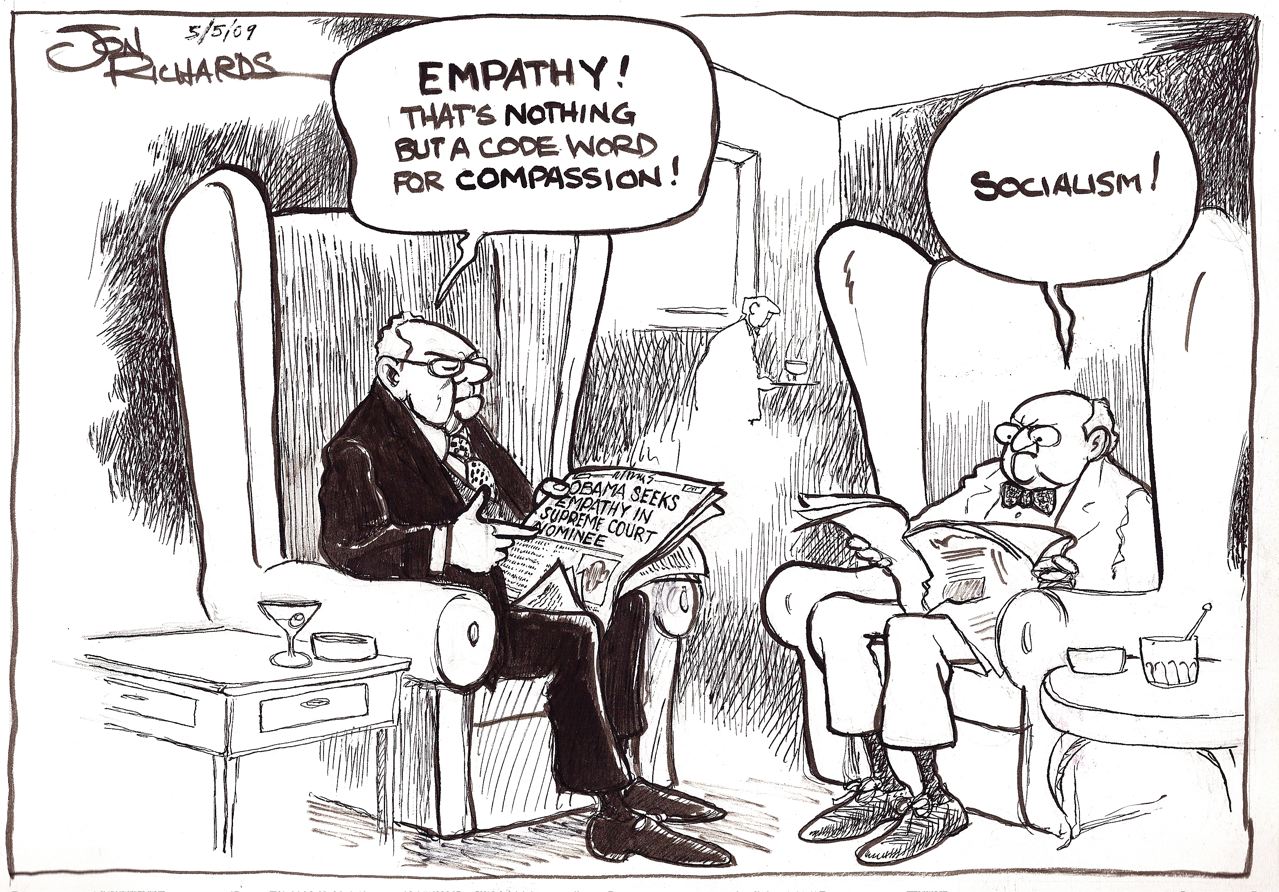Was scrolling through Forbes this morning and came across this article, which is predominantly about Sheryl Sandberg trying to ban the word “bossy” from business discourse. I personally have really mixed feelings about Sheryl Sandberg (more on that at another time), so I wasn’t so much interested in that section of the article, but if you get to Page 2, there’s an interesting nugget from one of the author’s old bosses (if we’re banning the word “boss” and “bossy,” I guess maybe we should say “supervisor” here). The supervisor says to the author that her essential management advice is:
Tell talented people WHAT you want done, not HOW to do it.
There’s a couple of different elements to all this.
First of all, a really popular idea in “future of work” / “work” / “motivation” circles right now is the idea of “starting with why.” (Simon Sinek’s big thing.) This model above doesn’t mention the “why” at all; it talks about “what” and “how.”
Second of all, the sentence says “talented people.” This advice seems pretty obvious for talented (“high-performing”) employees, but a common refrain from managers might be, “Most of my employees aren’t talented! They need to be told what to do!”
(It’s actually pretty hysterical that managers often rush headlong into a hiring process, don’t get the person they want/need, and then complain about how not getting that person is now making them do more work. Maybe if you actually thought about the hiring cycle and targeted the right person, this wouldn’t happen.)
OK, so we understand that for “talented” people, this idea of “what you want” as opposed to “how to do it” is important.
But here’s a thought question: couldn’t it work for all employees?
Sure, there are dumb people in offices. There are metric tons of dumb people in offices, actually. But why do we perceive them as dumb? In some cases, it’s because they really might be. In other cases, it might be because they’re a bad fit for the job at hand. But I’d argue that in a lot of cases …
… I think it’s actually because (a) most people are brought up to be very respectful of and nervous about hierarchy (that’s the reason why even college-aged kids rebelling will typically respect a professor) and (b) most managers aren’t great at communicating what they want done, but are great at screaming about how they want it done. (I think this is because oftentimes managers still cling to their responsibilities before they were a manager, which is why you see SVP-level people line-editing press releases a lot of the time.)
So if you’ve had 1-2 jobs and you’ve always been told how to do things — then been scared by your boss (er, supervisor) for doing it the wrong way (even though you reached the same end goal) because your boss confuses “accountability” and “yelling” — maybe you come off looking (or feeling) like a stupid, incompetent employee because of the context of your surroundings and training/development.
This management advice, then — “Tell talented people WHAT you want done, not HOW to do it” — can apply to a much broader section of the workforce than we think. It doesn’t just have to be talented people. Try it with anyone on your team.
You might be surprised how they rise to the occasion when this newfound flexibility.
Just like the idea of “leadership” should be a focus on accomplishing the goal as opposed to advocating for your specific way of reaching the goal, so too should management be about utilizing WHAT and WHY as opposed to HOW and WHEN.
